
So the bad news is : The world’s in crisis mode. We’re not just talking about climate change, rising rent, or your favorite coffee shop running out of oat milk. We’re talking about actual species vanishing forever—and guess what? The clock is ticking.
More than 1 million species face extinction, thanks to habitat destruction, pollution, and climate chaos. Animals we grew up with in books—rhinos, tigers, polar bears—could become nothing more than myths for future generations. And no, this isn’t just about “saving cute animals.” It’s about preserving ecosystems, maintaining balance in food chains, and, well… protecting our own future.
Why Should Gen Z Care?
Because we’re the first generation to truly feel the effects of environmental collapse—and maybe the last to do something about it. We’ve got the technology, the platforms, and the passion to create real change. The question is: Will we?
The Biggest Threats Right Now
🌲Deforestation – Every second, a chunk of the Amazon rainforest disappears. In India, Hyderabad’s Kancha Gachibowli forest has become the latest victim. Nearly 400 acres of green cover were being cleared to make way for IT parks, sparking outrage from environmentalists and local communities. This area, near the University of Hyderabad, is a critical habitat for several species, including spotted deer, peacocks, and various migratory birds. The Supreme Court had to step in to halt the destruction—but will it be enough?
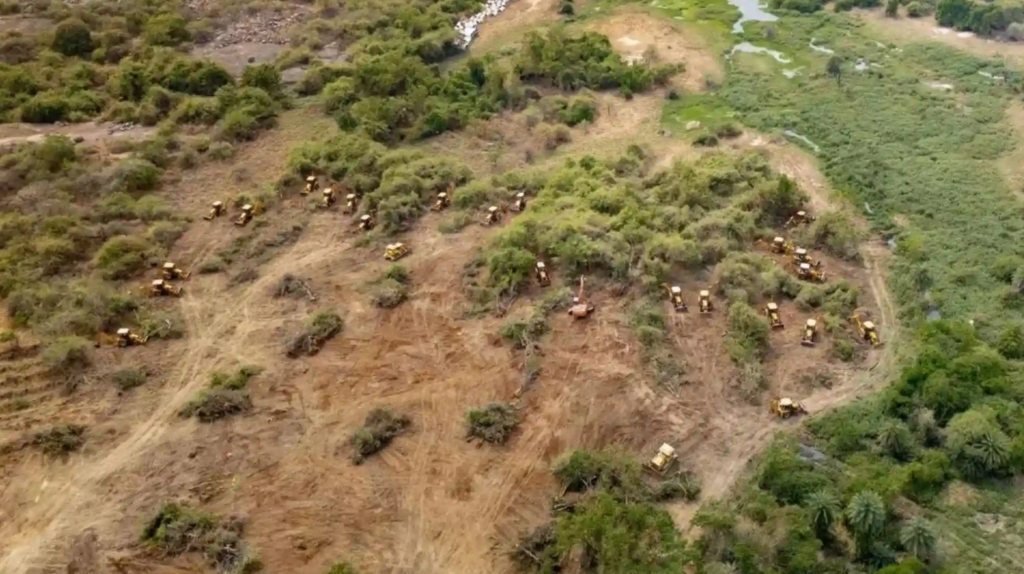
🌊 Plastic Pollution – The ocean isn’t a dumping ground, but tell that to the 5 trillion pieces of plastic floating in it. In Hyderabad, the Musi River, once a lifeline for the city, is now a dumping ground for plastic and industrial waste, severely impacting aquatic life.
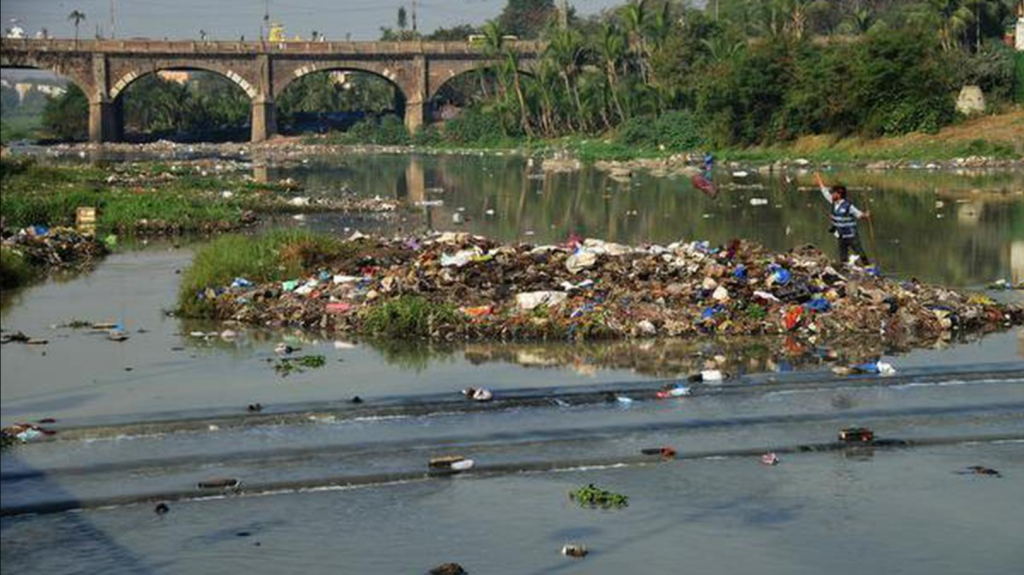
🔥 Climate Change – It’s not just melting ice caps. Rising temperatures are forcing animals out of their natural habitats. In Telangana, unpredictable heatwaves and erratic rainfall are disturbing local wildlife, including species in Kasu Brahmananda Reddy National Park and Mrugavani National Park.
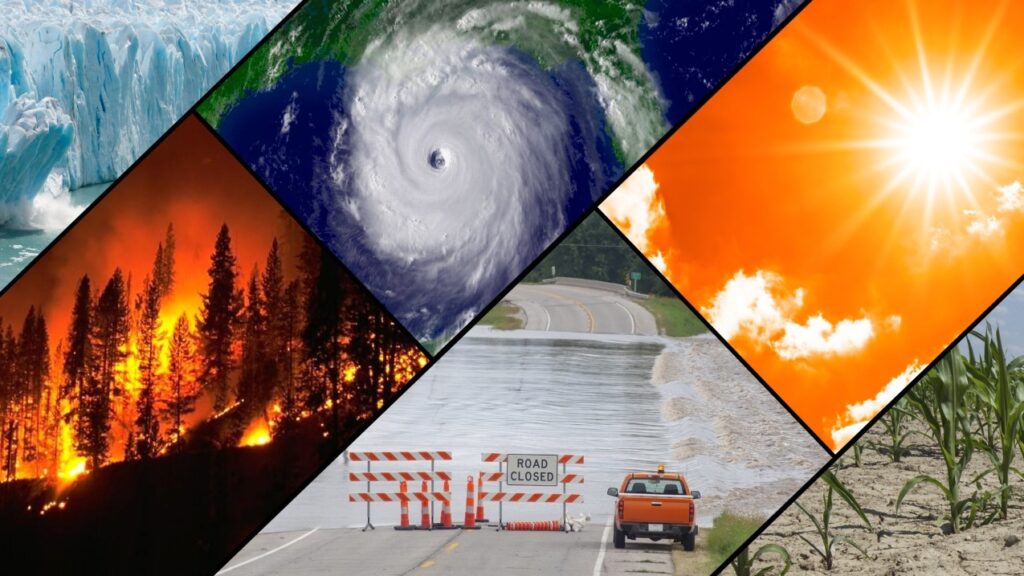
🐾 Illegal Wildlife Trade – Poaching isn’t just about elephants and rhinos. In India, Pangolins (the world’s most trafficked mammal) are being hunted for their scales. Hyderabad, being a major transit point for wildlife smuggling, has seen multiple cases of illegal trade involving exotic species.
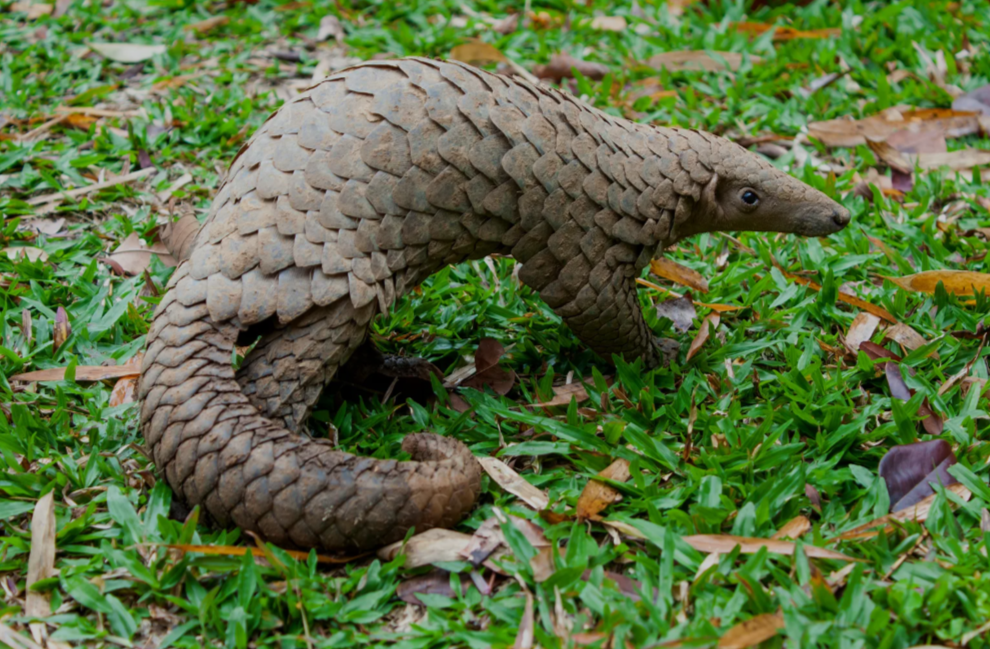
How Gen Z Can Actually Make a Difference
We might not be billionaires funding massive conservation projects, but we do have influence. Here’s how:
1. Be a Conscious Consumer
Say NO to fast fashion. That cheap t-shirt? It probably cost the environment a lot.
Choose sustainable brands that use eco-friendly materials and ethical practices.
Ditch single-use plastic. Carry your own bottle, say no to plastic bags, and make reusable products your new normal.
2. Use Your Voice (And Social Media Powers)
Call out companies that destroy habitats. Boycott brands that support deforestation.
Make conservation viral. If a dance challenge can break the internet, imagine what a viral campaign can do for endangered species.
Sign petitions to protect wildlife and hold leaders accountable. Laws change when enough people demand it.
3. Support Organizations That Actually Do the Work
Donate or volunteer with groups like WWF, Sea Shepherd, and Rainforest Trust.
Adopt an endangered species. No, you won’t get a real elephant, but your money will help protect them.
Join local clean-ups. Hyderabad-based groups like “Save Musi” and “Hyderabad Rising” are working to restore green spaces and water bodies—get involved!
4. Make Sustainable Lifestyle Swaps
Eat less meat. The meat industry is a major driver of deforestation.
Choose eco-friendly transport. Walk, bike, or take public transport when possible.
Plant trees. The Telangana Haritha Haram initiative is already working to increase green cover—support it!
Success Stories: Proof That Change Works
✅ Kancha Gachibowli, Hyderabad (India) – Activism worked! 400 acres of forest near the University of Hyderabad were being cleared for IT parks, but legal intervention stopped it.
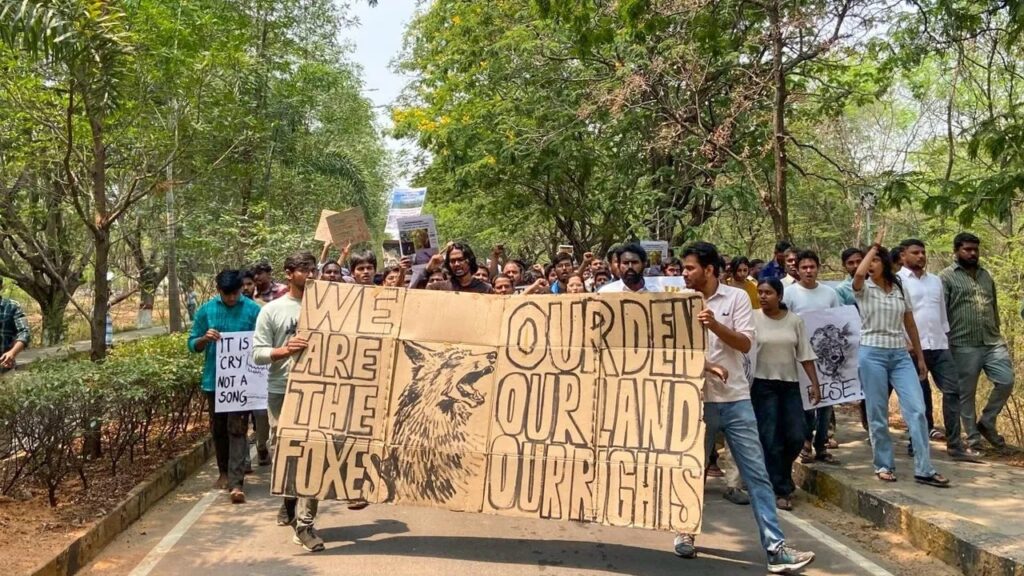
✅ Olive Ridley Turtles (India) – In Odisha, mass beach clean-ups have led to an increase in turtle hatchlings.Conservation initiatives are driving meaningful change.
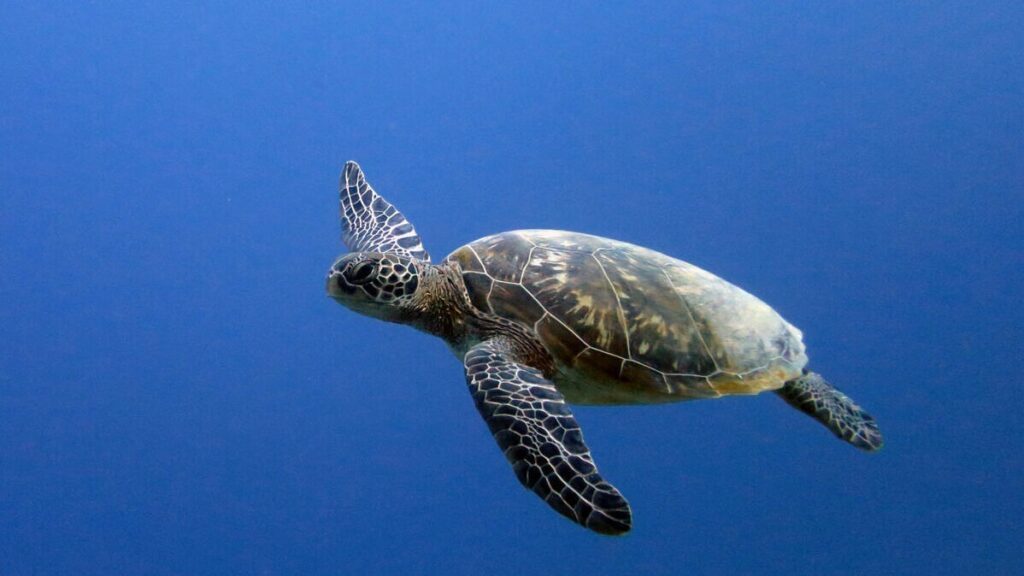
✅ The Amur Tiger (Russia & China) – Once nearly extinct, these tigers are making a comeback thanks to stricter wildlife laws.
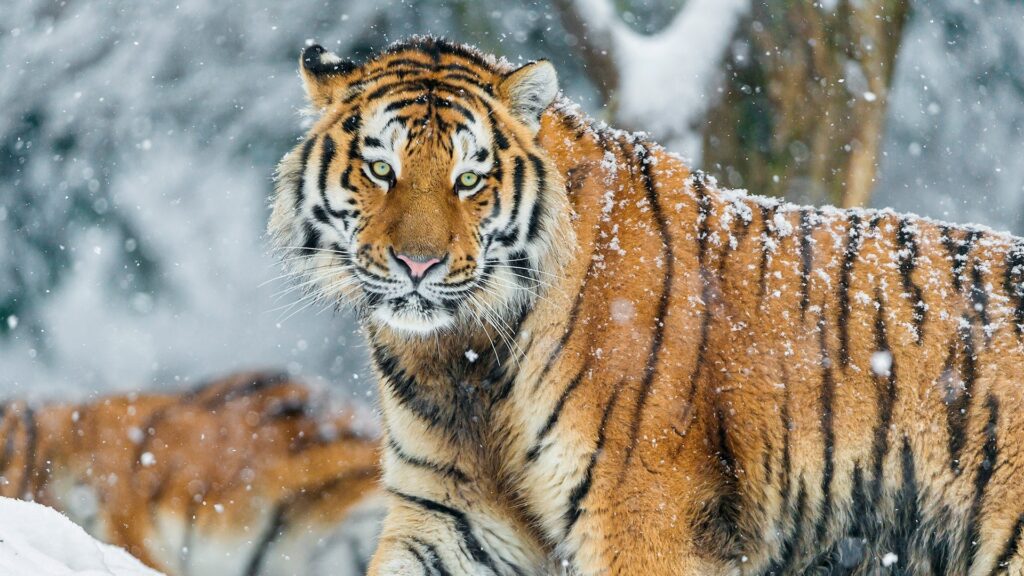
✅ The Bald Eagle (USA) – Once endangered, now thriving due to anti-pollution laws and habitat protection.
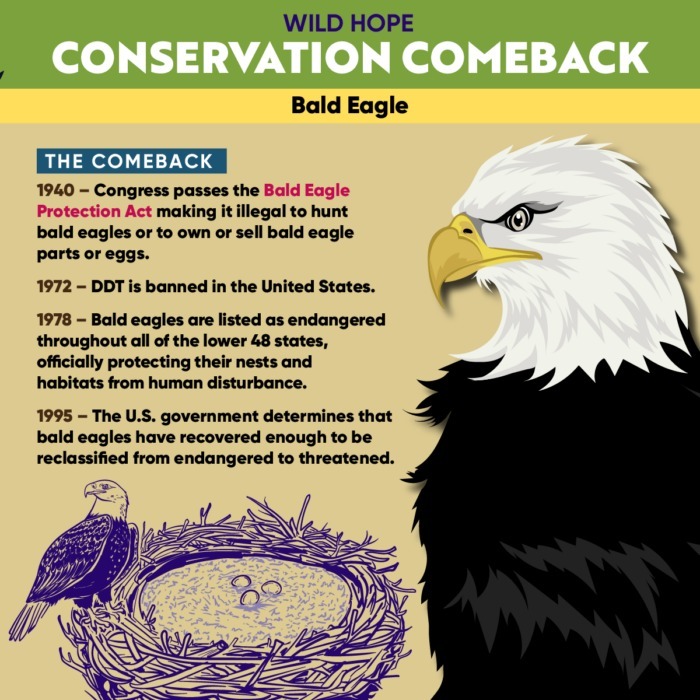
CTRL+Z Takeaway : No More Excuses
We’re not asking you to quit everything and live in the jungle (unless you want to). But small changes = big impact when millions of us do it.
The extinction crisis is happening now—and Gen Z has the tools, platforms, and passion to make a difference. The question is, will we be the generation that lets species disappear? Or the one that saves them?
It’s our time to step up. Let’s make sure the future has more than just stories about tigers, turtles, and trees.
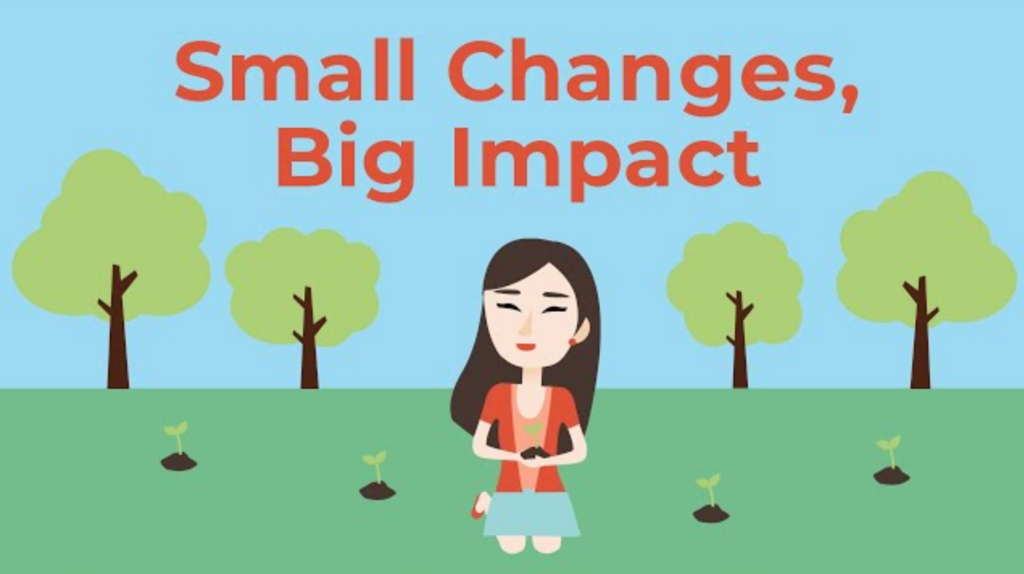
Disclaimer: The data presented in this blog is sourced from credible platforms like WWF, UN IPBES, National Geographic, The Indian Express, and more. While we aim for accuracy and timeliness, we can’t guarantee the content is error-free. Please verify details independently before relying on them.
About the Author
Laxmi Bhatt
I’m Laxmi, a content writer who turns caffeine into words and ideas into stories. If creativity had a speed limit, I’d be breaking it daily. Juggling words, dodging writer’s block, and occasionally questioning my life choices—one sentence at a time. Always typing, always snacking, never not thinking!
Quick links
About the Author
Laxmi Bhatt
I’m Laxmi, a content writer who turns caffeine into words and ideas into stories. If creativity had a speed limit, I’d be breaking it daily. Juggling words, dodging writer’s block, and occasionally questioning my life choices—one sentence at a time. Always typing, always snacking, never not thinking!
